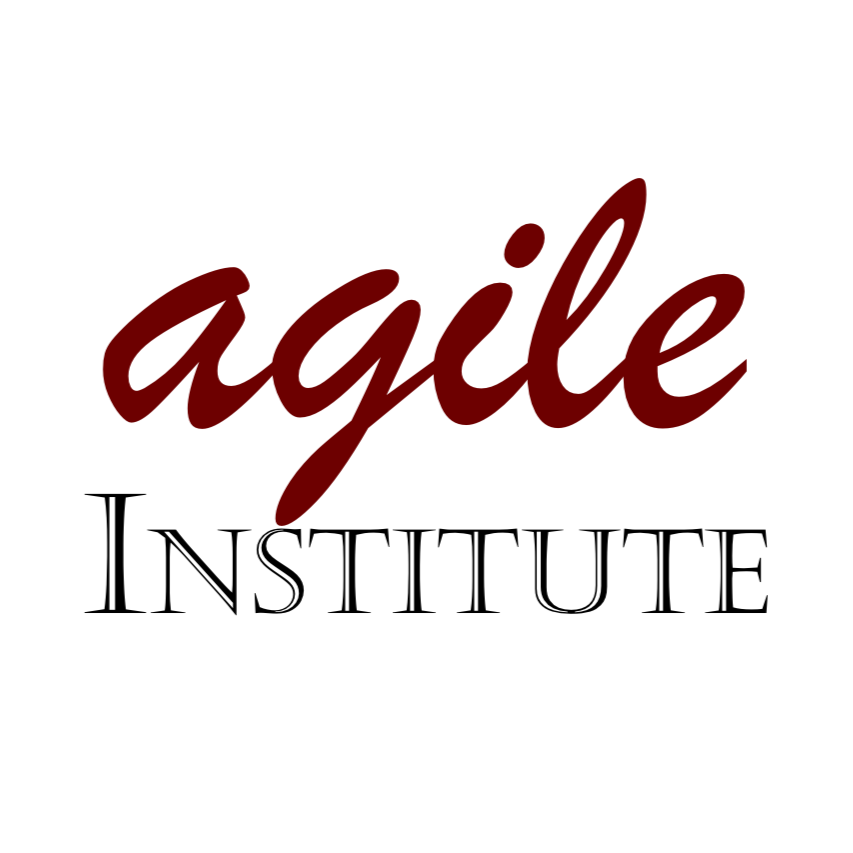Agile Coaching
As an additional step to learning a new practice, coaching helps teams make the transition from classroom examples to their day-to-day activities, and helps them create a habit around their valuable new skills.
I focus primarily on team/developmental coaching, as compared to individual/performance coaching. This means the team works closely with me to assure that they, as a unit, have the capabilities needed to accomplish their goals. [See Silsbee, The Mindful Coach, for more on these categories.]
The following are my own rough categories of Agile coaching, in no particular order, suggesting how and when to best interact with your coach.
Immediate
Occurs on consecutive business days immediately following a training class. This helps teams use their new skills in their day-to-day activities, get a better feel for the pragmatic use of those skills, and reinforce the discipline and trust required to continue with these practices. All while the lessons from training are still fresh in their minds.
Technical
There is often a technical dimension to the other forms of coaching. A technical coach knows to look for these opportunities for healthy change at the team level. The coach can provide additional technological solutions or particular engineering practices to resolve a constraint. This may include conveying an issue—in non-technical terms—for others in the organization; suggesting additional tools; or working directly with the team. Examples of the latter include helping to overcome a technology-related challenge (e.g., “How to legacy-test our 4000-line stored proc?”), or a practice-related challenge (e.g., “How do we pair-program effectively with our hero/cowboy developer?”) .
Process
The coach helps the organization and its teams align towards an essential intent, and find ways to improve both product value and the working environments of the teams. This may include meetings with leadership, exploratory workshops, and working closely with a team through various Agile iteration (”sprint”) events. I often recommend practices or experiments, but do not prescribe them. Instead, I share personal and industry experience to describe known costs and benefits of each option.
Initial
An exploration of your organization’s essential intent and related challenges. This may include conversations or exploratory workshops with leaders and teams across all related functions. This is helpful in determining what further training or coaching would be useful to you.
Follow-up
Your teams are independently running their own experiments and making their own continuous adaptations. Yet it’s the nature of systems (e.g., your organization) to run into occasional unintended consequences. Coaching can help you navigate those challenges. At this stage, you may choose to invite me back for a “check-up” or “adjustment” visit. This would be for two or three days each month, each quarter, or six months later.
Testimonials
“Rob Myers gets my highest recommendation. He played an important role on a critical project for us and was a pleasure to work with and our client valued his contribution. I will never hesitate to engage Rob again should the opportunity arise. His contribution and knowledge of agile software development processes makes him a valued asset to any team that engages him as coach, mentor, or team member.”
— Rich Sheridan, Menlo Innovations, author of Joy, Inc.
“It’s quite rare, but every once in a while you’ll meet someone whose skills are so deep and ninja-like that your own professional capabilities are expanded just for having met them. Rob Myers is to agile software development what Yoda is to practical use of The Force. He put the Prezi Growth Team on a whole ‘nother level, in terms of how we do what we do. I’ll always be grateful for the gifts of insight he gave us and the change he wrought in our process.”
— Jack Mardack, Prezi
“Rob worked with us at salesforce.com as we transitioned from waterfall to Agile development processes using Scrum. He was onsite with us to provide consulting and feedback to our software development teams. Rob's deep knowledge with Scrum was a great resource for me and the rest of the development team at salesforce. He also is very personable and his easy going attitude makes it that much easier to take his coaching and guidance. I highly recommend Rob to anyone.”
— Ron Pragides, SalesForce.com
“I needed a consultant who could meld the model to fit our kinks -- someone who had seen it all and could tell us how to work through and around them. Rob Myers was that guy. He observed my teams. He met with and coached our scrummasters and business owners and team leads. …His help was significant.”
— Ron Lichty, author of Managing the Unmanageable
“Rob did an excellent job of unifying the team and focusing them in a collaborative, efficient direction.”
— Drew Banks, Prezi
“Rob’s interpersonal skills are a perfect match for this type of organizational change. I highly recommend Rob for your Agile transition.”
“I was very pleased with the engagement and I will encourage other teams to seek your help. …I was talking with the CTO today and he was very happy as well. We do have high expectations about the long term impact of the coaching but I am confident that we will be pleased with that as well.”
